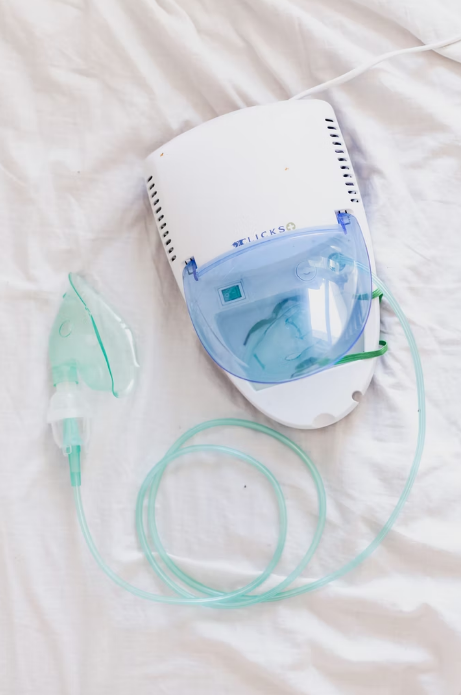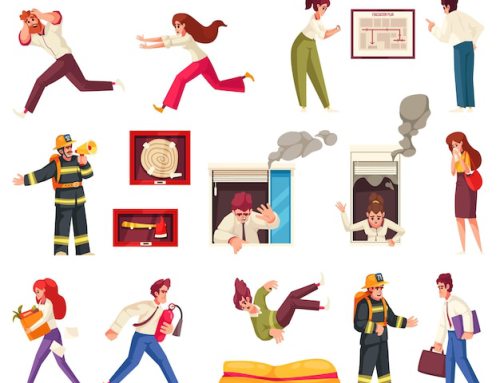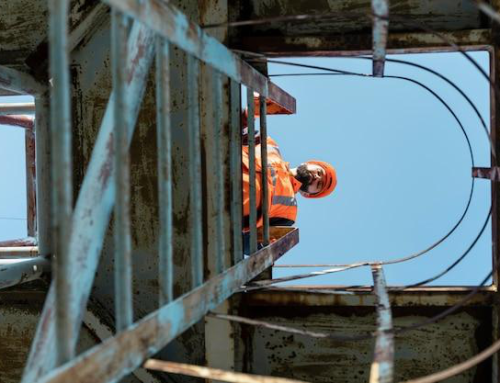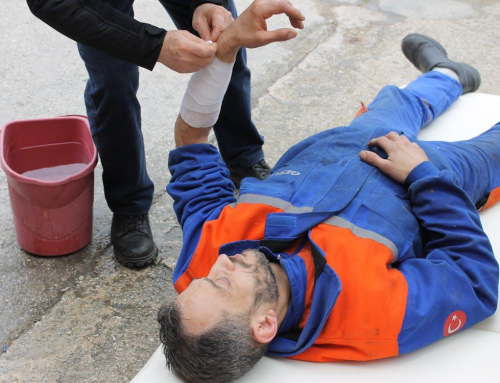Asthma is a medical condition that narrows your airways, making it harder to breathe.
Metro Safety Training provides first aid certification courses in BC that teach laypeople how to respond and intervene if somebody is experiencing a severe asthma attack. Awareness of the proper course of action can also help adults manage their asthma.
Although it’s not common, asthma can occur in children as young as five. Severe flare-ups can be deadly if medication is not administered in time. For parents, it can be nerve-wracking to entrust the care of asthmatic children to teachers or babysitters, especially for children who are too young to treat themselves.
While there’s no cure, there are steps that guardians can take when they’re responsible for an asthmatic minor. Even with teenagers, these rules will help avoid and manage flare-ups and instill a good sense of precaution they will carry into adulthood.
Follow Instructions Regarding Medication
Many asthma patients are on long-term medication. Children, even older ones, shouldn’t be trusted to manage their medication. While allowing teenagers to manage their care is certainly good practice, it’s still important to check up.
If possible, create a system for them to remember to take their medication and carry any emergency medication wherever they go. Younger children can’t be expected to understand the importance of not missing pills, so don’t hand over that responsibility to them.
Map Out Triggers
Every illness has its triggers, and they differ from person to person. Things like dust, stress, or even laughing too hard can all set off an asthma attack. It will take some time to create a comprehensive list of triggers, which may change over time. Still, maintaining a written list that you can update and edit will make life much easier.
A written list of potential concerns will also be convenient to share with teachers, babysitters, and other adults handling childcare.
See The Attack Coming
Don’t wait for the flare-up to happen. Pay attention to your child’s behaviour to identify patterns that will help you predict them. Ask them how they felt just before it occurred, and make sure they know to inform an adult if they feel that way again.
Prepare Yourself For Flare-Ups
Ask your doctor to walk you through the steps of handling a severe flare-up. This means knowing when to seek medical attention and when to administer a fast-acting medication. If your child is not old enough to communicate the severity, it’s advisable to seek medical help either way.
If you have someone with asthma in your home or workplace, it’s highly advisable to seek out first aid certification courses in BC. The above steps will help you avoid needing these skills, but an emergency can occur anywhere, anytime to a child or fully grown adult.
Metro Safety Training offers comprehensive training in collaboration with WorkSafe BC and the BC Red Cross. We cover first aid training in the workplace and Red Cross basic life support training. If you’d like to know how to save a life, check out our course calendar, or call us at 604-521-4227.








